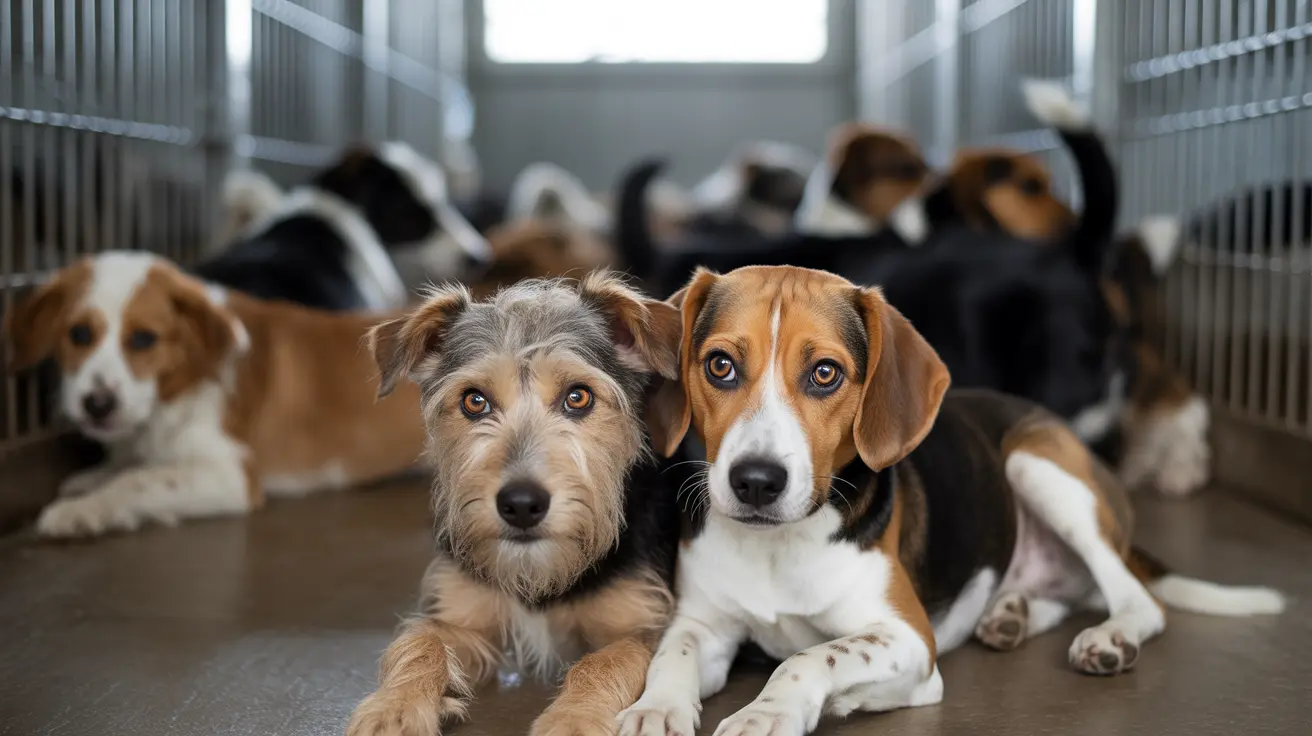In a challenging situation that highlights the ongoing struggles of rural animal welfare organizations, PAWS of Chinook is experiencing severe space constraints that threaten its ability to care for local dogs in need. The small Montana shelter, equipped with just five kennels, finds itself consistently operating beyond capacity as it strives to serve the Blaine County community.
The shelter's current situation represents a critical example of the challenges facing rural animal rescue operations, where limited resources must stretch to meet growing community needs. Despite its modest size, PAWS of Chinook continues to accept dogs in crisis, although this dedication has led to increasing pressure on their facilities and staff.
Rural Pet Overpopulation Solutions Needed
The overcrowding situation at PAWS of Chinook reflects a larger pattern affecting rural animal shelters across Montana. With limited space and resources, these facilities must develop creative solutions to manage the growing number of animals requiring care while maintaining appropriate living conditions for their current residents.
Financial Challenges Animal Shelters Face
Operating solely on private donations and adoption fees, PAWS of Chinook receives no government funding to support its vital work. This financial model creates significant challenges in covering essential expenses such as:
- Daily food and supplies
- Veterinary care
- Staff wages
- Facility maintenance
- Emergency medical treatments
Community Support Animal Shelters Initiative
The shelter's situation calls for increased community involvement to help address immediate needs. Local support through various channels can make a significant difference in the shelter's ability to continue its mission effectively.
Ways to Help Overcrowded Shelters
Community members interested in supporting PAWS of Chinook have several options to make a meaningful impact:
- Volunteering time for dog care and facility maintenance
- Providing foster care for shelter dogs
- Donating supplies and food
- Supporting spay/neuter programs
- Considering adoption when ready for pet ownership
Behavioral Challenges Shelter Dogs
Among the shelter's residents are the "Hell House Hounds," a group of semi-feral dogs that present unique challenges. These dogs require specialized care and experienced adopters who can address their specific behavioral needs while providing appropriate living environments.
Frequently Asked Questions
Why is PAWS of Chinook shelter facing overcrowding, and how does it affect the dogs?
PAWS of Chinook has only five kennels but often takes in many more dogs, causing overcrowding that leads to stress, increased disease risk, and limits on care quality for the animals.
How can I help reduce overcrowding at rural animal shelters like PAWS of Chinook?
Community members can assist by adopting or fostering dogs, donating food and supplies, volunteering for socialization and maintenance, and supporting spay/neuter programs to prevent pet overpopulation.
What challenges do shelters like PAWS of Chinook face compared to urban shelters?
Rural shelters struggle with geographic isolation, limited veterinary services, fewer volunteers, financial hardships, and difficulties in rehoming dogs with behavioral issues, making it harder to manage overpopulation and animal welfare.
A Call for Continued Support
The situation at PAWS of Chinook underscores the critical role that rural animal shelters play in their communities and the ongoing need for public support. While the challenges may seem daunting, every contribution - whether through time, resources, or adoption - helps ensure these essential services continue for the animals who need them most.
The shelter's commitment to serving their community remains unwavering, even as they face these space constraints. Through increased community awareness and support, PAWS of Chinook hopes to continue its mission of providing care and finding homes for dogs in need throughout Blaine County and beyond.






